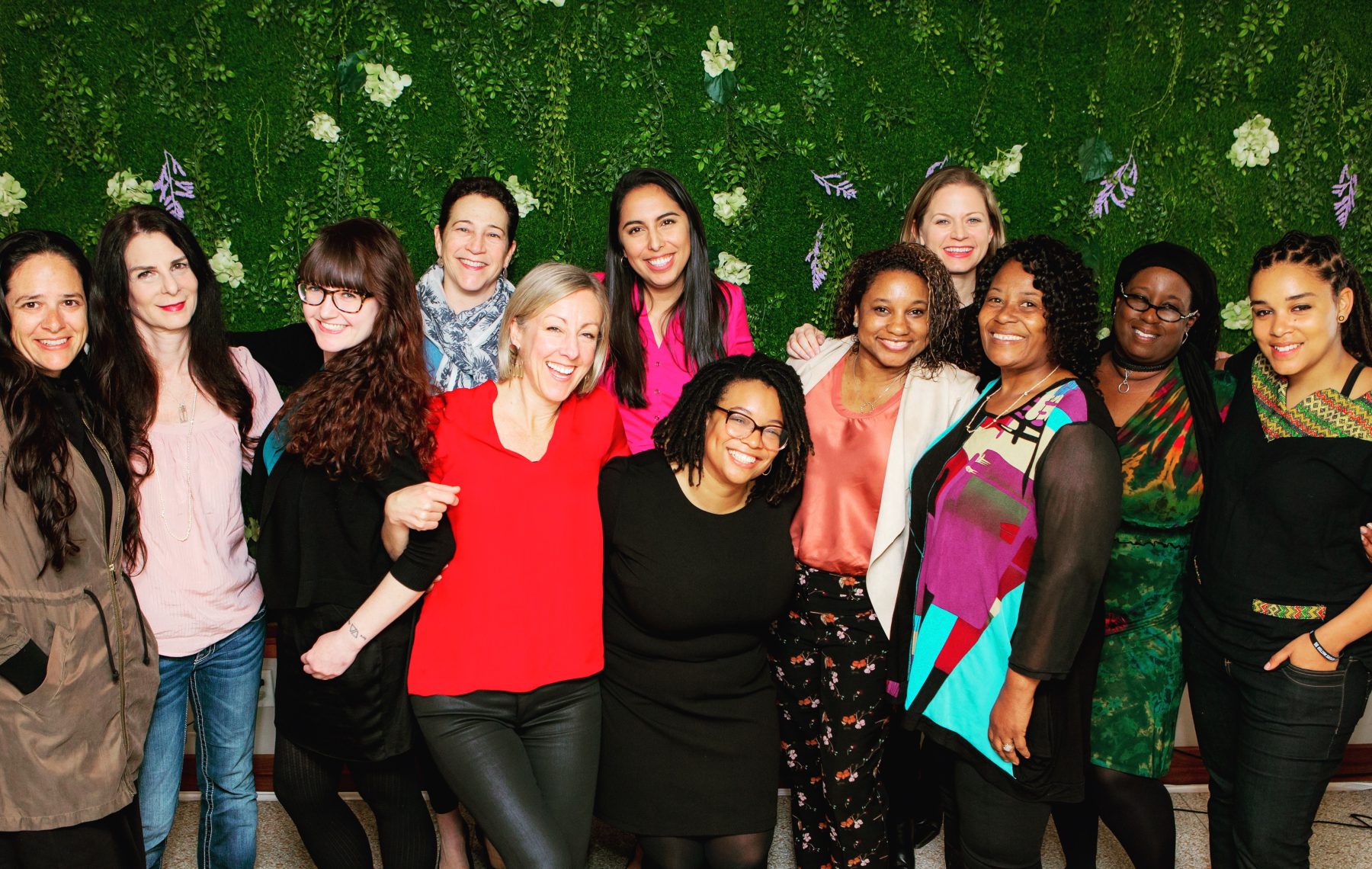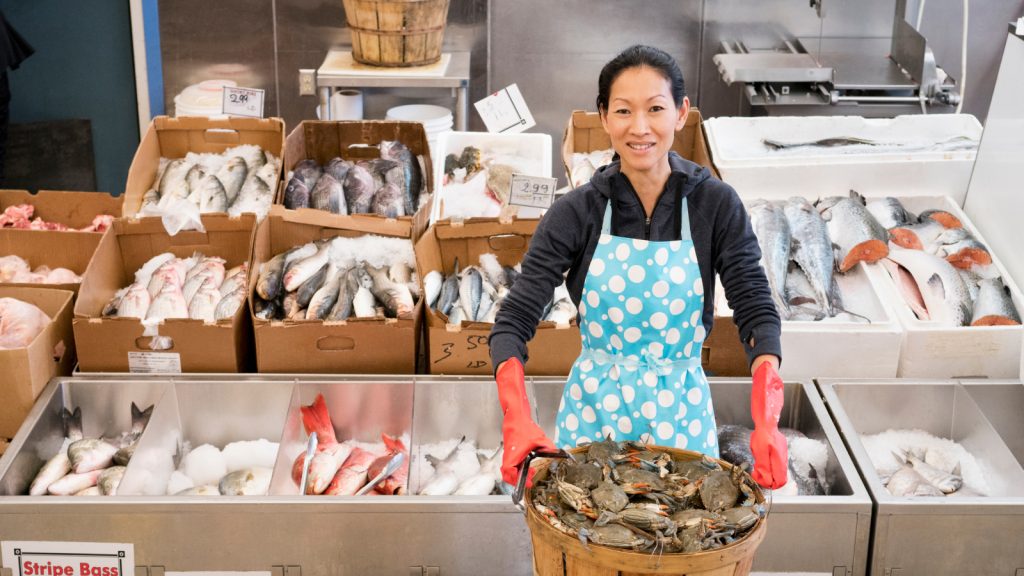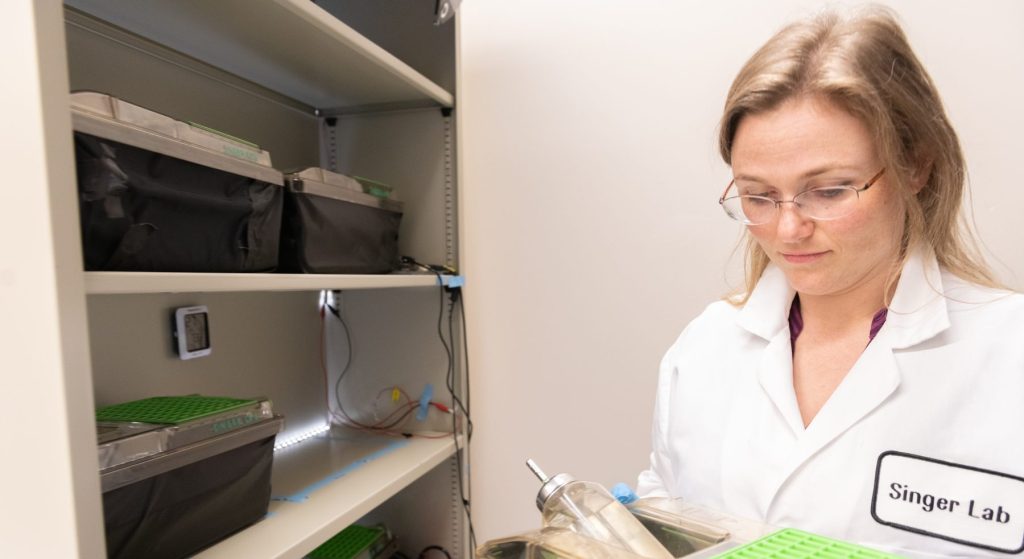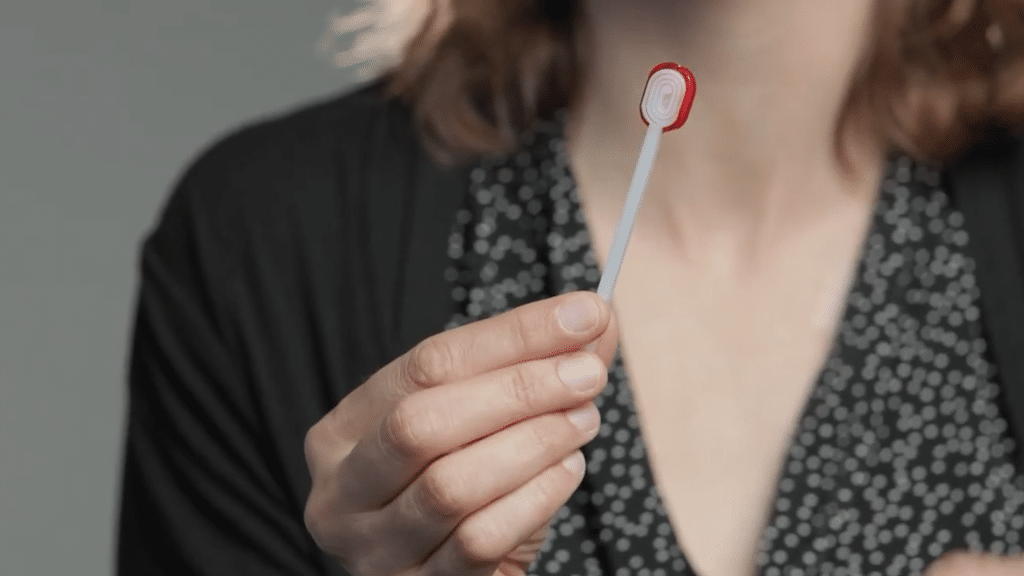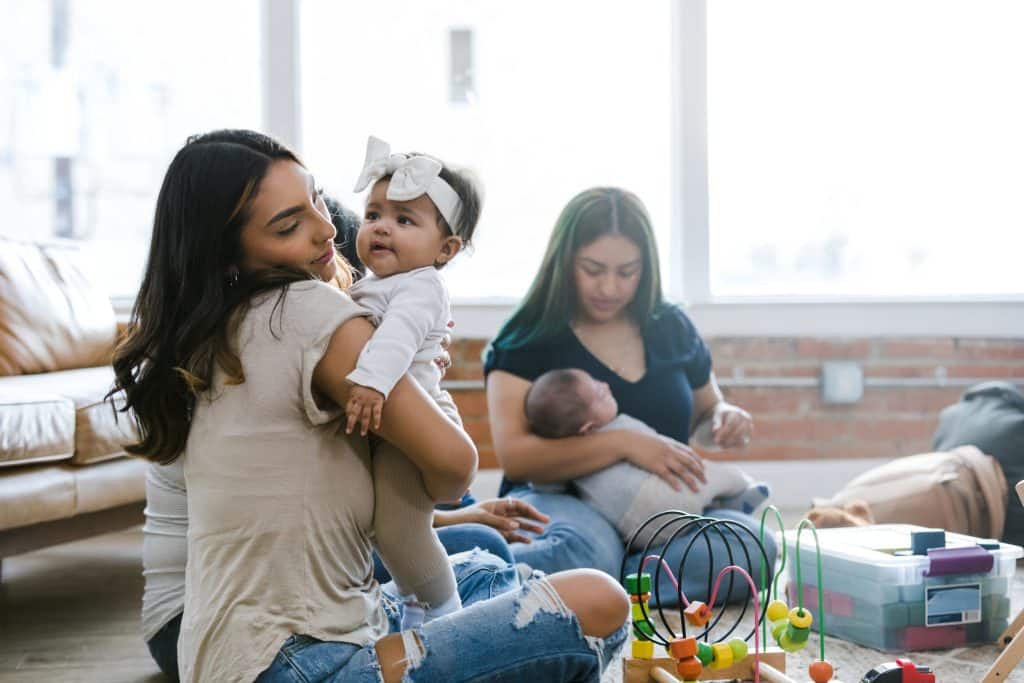This International Women’s Day, the Packard Foundation joins the global challenge to #BreakTheBias by imagining a gender equal world: a world where people of all genders are valued, supported, and able to meaningfully contribute to their communities.
When women and girls, in all their diversity, have the resources and power to make decisions about their lives and families, progress is accelerated on the most urgent and complex challenges our world faces today.
Despite this truth, we have a long way to go as a global society to close the gender gap. At the current pace of progress, it may take 135 years to achieve a gender equal world, according to the World Economic Forum. The devastating impacts of the COVID-19 pandemic have only widened the gap and the need for gender-focused funding is stark: less than 2% of charitable giving in the U.S. supports the rights of women and girls.
Today we recognize the urgency of investing in women and girls to build inclusive, just societies. We celebrate their diversity and contributions as scientists, caregivers, farmers, elected officials, environmentalists, and as individuals who lead multi-dimensional lives.
Meet remarkable women, leaders, and organizations who aren’t just dreaming of a gender equal world, they are making it a reality.
Growing the economy through affordable child care
Child care is the work that enables all other work. When parents have access to affordable and reliable child care, they are better able to find and hold steady jobs which spurs economic growth. This is especially true for mothers, who disproportionately take on caregiving responsibilities when their families cannot find or afford child care.
Packard Foundation Program Officer Katherine Beckmann champions efforts to protect and advance federal policies that support children and families. In this article, Katherine shares her own challenges as a working mother and outlines policy provisions, including paid family leave and health insurance, that could make the U.S. a more desirable place to raise a family.
“Child care is essential not only to the well-being and healthy development of our children but to a successful, thriving economy.”
Katherine Beckmann, Program Officer, The David and Lucile Packard Foundation
Building strong communities through equal representation
Women’s equal participation in governance and decision-making is an essential step in building stronger communities that meet the needs of all people. When women meaningfully participate in civic engagement, policies and decisions tend to be more inclusive and responsive to community needs.
The Centre for Catalyzing Change is strengthening women’s political participation across India’s northern state of Bihar and supporting women in raising their voices on issues that affect them and their families. Their Pahel initiative has grown from 200 to over 4,000 elected women representatives throughout Bihar who are influencing village meeting discussions on maternal health care, family planning, early marriage, and girls education.
Strengthening communities and ecosystems by investing in women farmers
Despite unequal access to land, credit, education, technology, and health care, women around the world have immense expertise on sustainable farming practices and natural resource management. In Ethiopia, for instance, 95% of agricultural products come from smallholder farmers, and women farmers make up half the agricultural labor force. When women farmers are supported as entrepreneurs and included in community-based decisions on food security and land management, then families, communities, local ecosystems, and economies thrive.
Oxfam’s Female Food Heroes award champions outstanding women farmers in Africa who have overcome challenges and made significant gains in agriculture and in their communities. They exemplify what millions of women around the world are doing to ensure food security and ecological resiliency.
Investing in gender justice for climate action
Many Black, Brown, and Indigenous women have been addressing climate change for years, even generations. These women and their communities bear the brunt of climate change, often witnessing its impacts first-hand. They have historically received only a small portion of philanthropic funding, yet they are champions of climate action with immense knowledge and innovations to share.
The Hive Fund for Climate and Gender Justice supports women of color-led efforts to end climate change and transition from fossil fuels so our communities can benefit from clean air and water. These organizations are combatting voter suppression, increasing civic engagement, especially in communities of color, and working to end environmental racism.
“Addressing the climate crisis at a scale and in the time needed requires transforming the systems of power governing who pollutes, who profits and whose lives are valued.”
Melanie Allen, co-director, The HIVE Fund for Climate and Gender Justice
Advancing science by making STEM inclusive
Women scientists are typically awarded smaller research grants than their male colleagues and while they represent 33% of all researchers, women only account for 12% of the National Academy of Science, Engineering and Medicine members. A more inclusive STEM (science, technology, engineering, and math) field not only advances research, innovation, and discoveries, it builds a diverse network of scientists that more people around the world can connect with and trust.
The Packard Fellowship for Science and Engineering supports early-career scientists in taking risks and exploring new frontiers. The fellows are advancing science not only through their research, but by valuing inclusion.
“What if scientists were only limited by their curiosity and not by gender?”
Xiao-Wei Wang and Natalie Lake, The David and Lucile Packard Foundation
Strengthening the seafood industry by building women’s power
Women make up 50% of the workforce that brings seafood to global markets, yet they lack the legal protections and corporate leadership roles of male counterparts and face persistent barriers to education, health care, and financing. There is growing momentum to address these inequities by building women’s power and influence and by doing so, create a more resilient seafood industry.
Julie Kuchepatov, founder of Seafood and Gender Equality (SAGE), and Packard Foundation Program Officer Sarah Hogan share examples of progress across the global seafood supply chain, from production and processing, to distribution and consumer sales.
“Gender equality is key for sustainable development – and it’s a human right. If we want to achieve healthy oceans and resilient fishing communities, we must take joint action.”
Neyra Solano, Gender Equality Specialist, COBI
Championing reproductive rights for inclusive, just societies
The ability to choose whether and when to have a child, to give birth safely, and to raise children in a supported environment is essential to living a healthy, empowered life. At a time of significant challenges to reproductive rights – from abortion restrictions in the U.S. to barriers in accessing maternal and neo-natal health care due to COVID-19 – reproductive freedom is critical to building inclusive, thriving societies.
Fòs Feminista is an alliance of organizations working in more than 40 countries to ensure women, girls, and gender-diverse people can meet their reproductive health needs now and into the future. By advocating for reproductive justice, connecting people to sexual and reproductive health care, and supporting locally-led efforts, Fòs Feminista is building communities where people are protected and respected in every dimension of their lives.
“By acting in solidarity, we can meet the challenges to women’s and girls’ sexual and reproductive health and rights with creativity and resilience.”
Giselle Carino, CEO, Fòs Feminista
